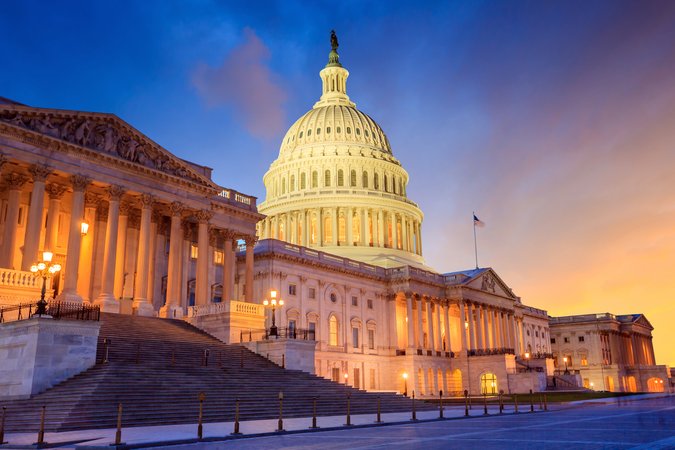Effect of Electricity Price Reform on Households’ Electricity Consumption in Urban Ethiopia
This paper studies the effect of Ethiopia’s revised tariff on urban household electricity consumption and alternative fuel expenditure.
Abstract
Until recently, the price of electricity in Ethiopia was among the lowest in the world. Such low prices have contributed to a substantial financial deficit for the government-owned electric utility and led to a degradation in the quality of electricity services delivered to customers. In December 2018, the utility increased the electricity tariff to help to finance improvements in the quality of electricity services. This paper studies the effect of the revised tariff on urban household electricity consumption and alternative fuel expenditure. The study relied on two rounds of household survey data and six years of electricity consumption data from the utility company. The study finds that prepaid customers reduced their electricity consumption by about 22 kWh per month in the post-tariff-adjustment periods, equivalent to about 10 percent of electricity expenditure and 14 percent of daily consumption. In the overall sample, however, consumption slightly increased over time. These results imply that the price elasticity of demand for electricity in urban Ethiopia is highly inelastic. Moreover, households did not shift substantially toward the use of alternative fuels. The findings indicate that governments and utilities in settings where electricity is priced well below cost-covering levels may be able to increase revenues and improve their balance sheets with relatively modest effects on households’ electricity consumption, though effects from more substantial tariff hikes should be examined.
Authors

Sied Hassen
Whitman College

Abebe D. Beyene
Environment and Climate Research Center, Policy Studies Institute

Marc Jeuland
Duke University

Alemu Mekonnen
Addis Ababa University

Tensay Hadush Meles
University College Dublin

Samuel Sebsibie
Whitman College

Thomas Klug
Duke University

Subhrendu K. Pattanayak
Duke University




